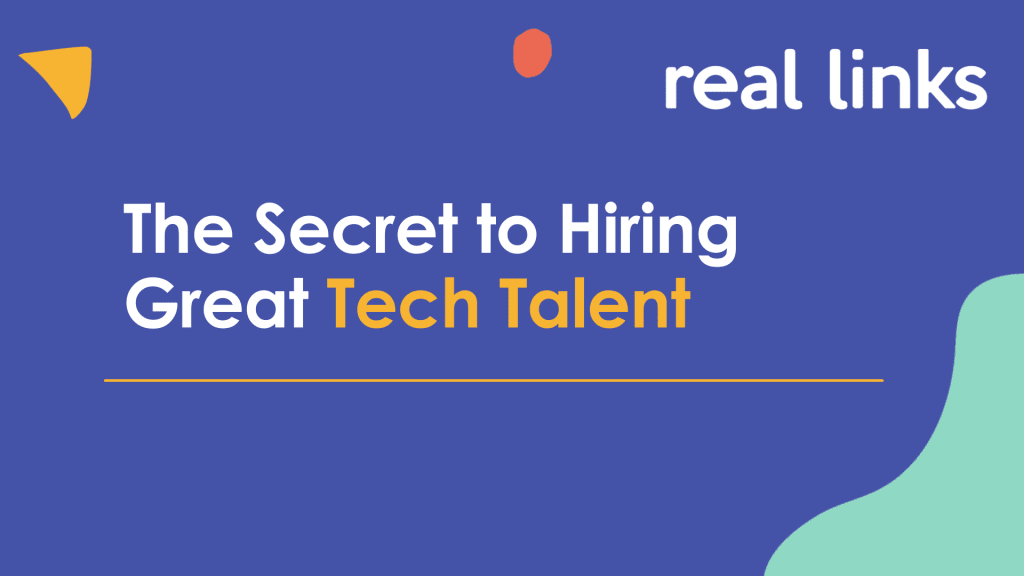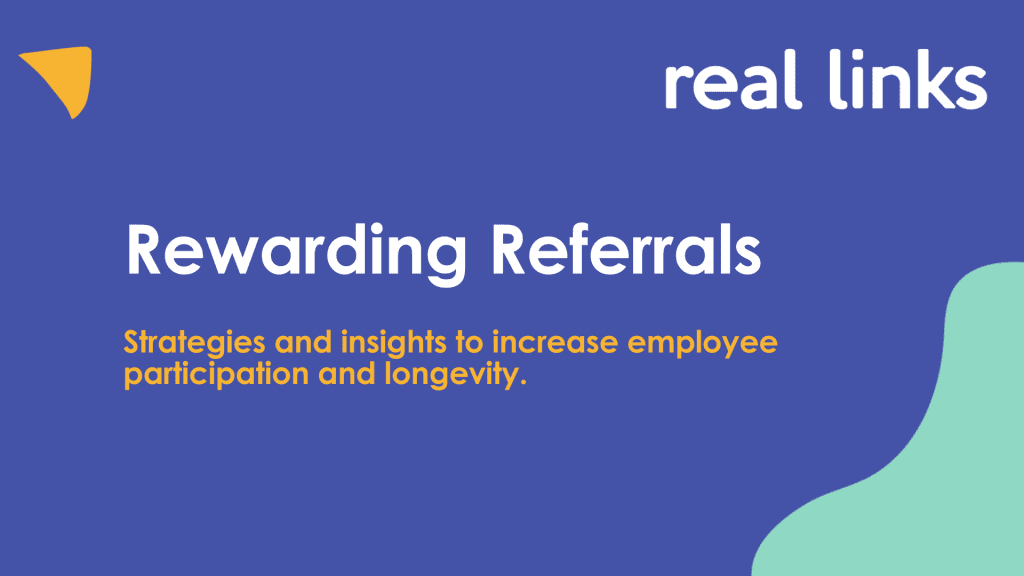We recently surveyed 100 employees to better understand the current landscape and shortcomings of referrals. Our survey base spanned multiple industries, geographic locations and job roles, with varying levels of seniority. We have now released the findings in a free whitepaper, “Rewarding Referrals: Strategies & Insights to Increase Employee Participation & Longevity”. One of the key focus areas of the whitepaper was to understand what the best employee referral bonuses are to increase participation in referrals over the long term.
the best employee referral bonuses
We’ve found that the biggest obstacle to successful referrals is participation and longevity through our past experiences working with clients. For this reason, it’s vital that a well-thought-out strategy is in place that includes reward systems. While most companies today, 88% according to our survey, opt to only offer cash bonuses upon hire or passing probation, our findings show that there are multiple other forms of recognition that are motivating, and often at a lower cost. These can range from raffles to beer and pizza parties to charity donations. However, according to those surveyed, the three best employee referral bonuses for increasing employee participation are time-off, personal development and experiences.
In this blog, we will be exploring these three types of rewards that can transform referrals into a key source of hires by increasing employee engagement:
time-off
While it’s true that even in our study money was the greatest motivator, time-off came second at 50%. Studies show that people who value time over money are happier. People today have heavy workloads and busy personal lives. More and more people are reporting that time has now become a scarce commodity.
This speaks volumes for the potential in rewarding time-off for referrals. It’s not only a way to recognise employees for their efforts in sourcing candidates for your company, but it could also increase overall satisfaction rates, creating engaged employees. While employees will greatly appreciate a day-off for making referrals, it will also give them the rest they desperately need. The effects of employee engagement on productivity are well documented, with reports that highly engaged employees increase profitability by 21%.
Additionally, in the majority of cases it’s more cost-effective than a cash bonus, when considering that typical monetary referral bonuses tend to sit around the $500 – $1000 range, more than a day of annual leave for most employees.
personal development
Career development has become a key focus for people today. This is supported by our findings, which show that personal development ranks as the third most motivational award. However, employees today are less and less focused on a career within a certain company. People are job hopping more than ever before and this trend is expected to continue. Therefore, acquiring the skills they need to successfully make lateral moves, internal and external, make personal development one of the best employee referral bonuses.
Similarly, thanks to continual developments in technology, core skills constantly need to change. People today feel that their skills are going to date very easily, and in the majority of cases, they’re not wrong. This makes rewarding personal development, be that budget or courses, an extremely desirable, and therefore motivating, form of rewarding.
rewarding experiences
Trips, helicopter rides, scuba diving lessons, the list is endless when it comes to experiential rewards. The reason they can be one of the best employee referral bonuses is because experiences are far more memorable than money. People rarely remember what they spent their referral bonuses on. While employees appreciate money, the appreciation is fleeting. They also expect it, as most companies today provide referral cash bonuses. Experiences, on the other hand, are something people may remember and appreciate for the rest of their lives.
What’s even more powerful with these types of rewards, is that the positive memories gained from these experiences are associated with your company. This is not only extremely motivational, but also helps in retaining employees. Additionally, with a proper advocacy plan in place, experiential rewards can help your employer branding efforts. Everyone today is an influencer. A simple Instagram post from one of your employees with your company tagged in it about an experience you provided them is an endorsement like none other. This is one of the many ways that referrals can play a vital role in your employee advocacy strategy.
so what should I use to reward referrals?
The options may seem endless. The truth is there’s a lot of different rewards that are effective, and unfortunately most companies’ rewards strategies are based on assumptions. This is one of the key reasons that referral schemes fail. For example, we recently hosted a focus group at a major recruitment consultancy we work with. Our assumption was that the competitive aspects of our platform’s gamification features would be well received. After all, recruiters thrive in and are used to a competitive environment. However, the opposite turned out to be true. They responded negatively to implementing yet another leaderboard. They had enough competition in the workplace. On the other hand, when we held a similar focus group for nurses, we were surprised by how excited they were at the prospect of competition. It was culturally unusual for them and therefore enticing.
The reality is that until you speak to your employees, everything around what, how and when to reward referrals is an assumption and a risk you can’t afford to take. The best policy here is to tailor your rewarding strategy to what your employees find desirable. The only way to truly understand what would motivate your employees to participate in referrals is to ask them directly. In our experience focus groups are an excellent method to understand how to tailor your referral strategy to fit your employees. That’s why they’re one of the first steps we take when working with clients. The findings from these focus groups then go on to dictate how we setup our platform, gamification and process.
While understanding what the best employee referral bonuses are is important, the entire rewarding process is equally paramount to success. When should you reward your employees for referrals (when a candidate starts inteviewing, upon hire, upon passing probation, etc.)? How do you use referrals to increase your recruitment pipeline? You can find the answers to all these questions and more in our free whitepaper, which will help you establish a referral strategy that increases participation and longevity. Read it today.







